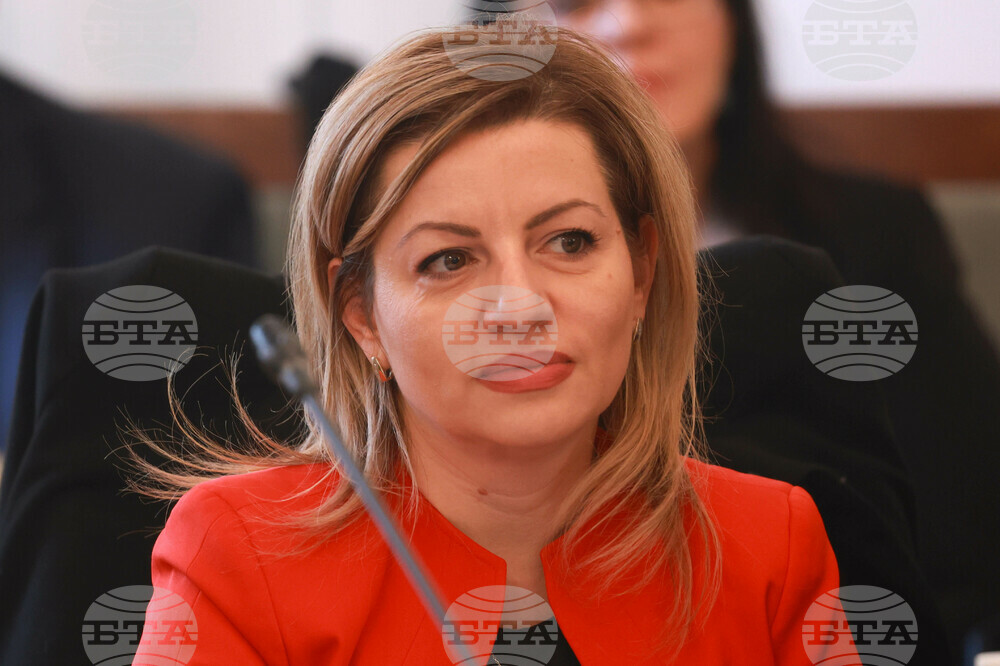site.btaBulgaria's Environmental Laws and Practices Found to Conform to Seven OECD Legal Instruments


The member countries of the Organisation for Economic Co-operation and Development (OECD) found that Bulgaria's national environmental legislation, policies and practices conform to seven OECD legal instruments and are aligned with the action plan for accession to the OECD's Environment Policy Committee (EPC) adopted on April 28, 2023, the Bulgarian Ministry of Environment and Water said on Tuesday.
The unanimous conclusion was drawn after a hearing of Deputy Environment and Water Minister Reneta Koleva at the EPC. Koleva presented her country's position and priorities related to the seven legal instruments discussed at the closed-door meeting. These concern integrated coastal zone management, tourism, integrated pollution prevention and control, environmental compliance assurance, improving the environmental performance of the government, improving the environmental performance of public procurement, and the environmental assessment of development assistance projects and programmes.
Koleva gave a detailed account of Bulgaria's progress on the recommendations under the seven instruments, which, along with other legal instruments, are within the ECP's field of competence. She highlighted the challenges successfully addressed and the compliance achieved.
The deputy minister listed relevant actions taken by Bulgaria, including legislative changes, administrative and investment-related measures to improve the environmental status of sea and coastal water, ensure that the country's beaches are clean, raise the efficiency of regulatory control, establish environmental requirements for groups of products subject to public procurement, and enhance the environmental performance of the public administration.
Among the good results achieved by Bulgaria, she pointed to the upgrading and building of wastewater treatment plants in coastal agglomerations, conducting regular and emergency monitoring and promoting good business practices through the Eco-Management and Audit Scheme and the EU Ecolable system, the Charter of Sustainable Tourism in Bulgaria, the Blue Flag marking of beaches, the methodology for sand dune mapping, delineation and classification to protect coastal ecosystems, and the increased fines and more serious penalties for environmental damage and pollution.
In their comments, ECP members acknowledged that Bulgaria has taken important steps to implement the recommendations under the legislative instruments discussed. Koleva took questions from the ECP and provided additional information, including facts about sustainable tourism practices, ambient air quality and the use of alternative means of transport, water management and monitoring, the implementation of adaptive measures, and eco-friendly use of economic instruments.
/RY/
news.modal.header
news.modal.text